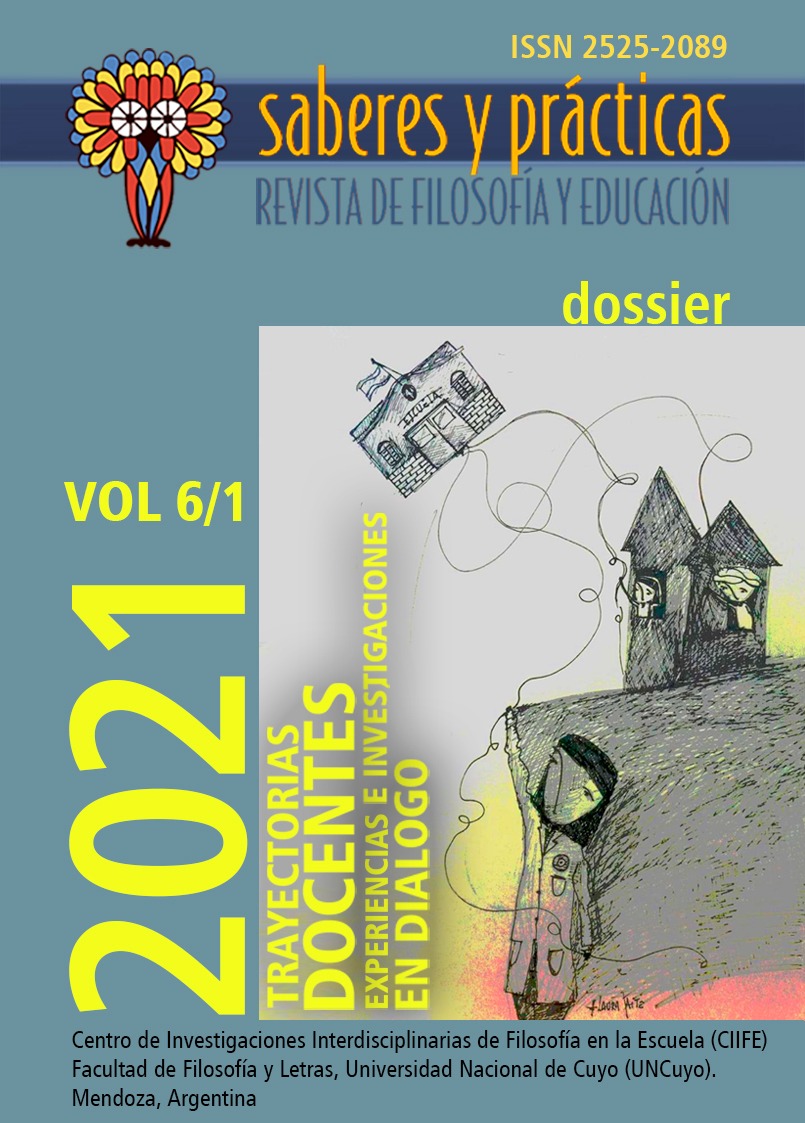Educational Sociolinguistics in the Practice of an Interventionist Proposal with the Personal Recount Genre
DOI:
https://doi.org/10.48162/rev.36.011Keywords:
Educational Sociolinguistics, Mother tongue, Linguistic prejudice, Personal recountsAbstract
In this text, we present part of the proposal experienced during the intervention project entitled "Personal recount genre - from the appreciation of the mother tongue to the prestigious varieties", developed in an elementary school in the city of Sorriso in the state of Mato Grosso, Brazil, by students from the 8th grade, by their family members and by the class teacher-researcher. The project was developed in the year of 2019 and was conceived during the Professional Master’s in Languages - PROFLETRAS, in Sinop - MT. Regarding the purposes of the study, we emphasize the importance of valuing the mother tongue of the students and the others involved, reducing linguistic prejudice among them and giving voice to students by using the personal recount genre in oral and written modalities through Educational Sociolinguistics. Among the theoretical basis used, we highlight authors such as Bortoni-Ricardo (2004, 2005, 2008 and 2017), Bagno (2007), Alberto Faraco (2015), and Dolz, and Schneuwly (2013). As a final production, we made a documentary entitled #RELATOPESSOAL with personal recounts recorded by students, mothers, a father and the teacher-researcher. The documentary was shown in the school space and on the website http://www.museudapessoa.net, which is a virtual and collaborative museum, based in São Paulo, in Brazil, that shows life stories and now our stories too.
Downloads
References
Bagno, M. (2007). Nada na língua é por acaso: por uma pedagogia da variação linguística. Parábola Editorial.
Bortoni-Ricardo, S.M. (2004). Educação em língua materna: a sociolinguística na sala de aula. Parábola Editorial.
Bortoni-Ricardo, S.M. (2005). Nós cheguemu na escola, e agora? Parábola Editorial.
Bortoni-Ricardo, S.M. (2008). O professor pesquisador: introdução à pesquisa qualitativa. Parábola Editorial.
Bortoni-Ricardo, S.M. (2017). Manual de Sociolinguística. Contexto.
Cyranka, L.F.M. (2015). A pedagogia da variação linguística é possível. Pedagogia da variação linguística: língua, diversidade e ensino. Parábola.
Da Fonseca, J.J.S. (2002). Apostila de metodologia da pesquisa científica. Centro de Educação da Universidade Estadual do Ceará.
Dionisio, A.P. (2005). Multimodalidade discursiva na atividade oral e escrita. Fala e Escrita. Autêntica.
Dolz, J. e Schneuwly, B. (2013). Gêneros orais e escritos na escola. Mercado das Letras, 2013.
Faraco, C.A. (2015). Norma culta brasileira: construção e ensino. Pedagogia da variação linguística: língua, diversidade e ensino. Parábola Editorial.
Marcuschi, L.A. (2004). Gêneros textuais emergentes no contexto da tecnologia digital. Hipertexto e gêneros digitais. Lucerna.
Miller, S. (2003). O trabalho epilinguístico na produção textual escrita. Reunião anual da ANPEd 26. https://www.escrevendoofuturo.org.br/conteudo/biblioteca/nossas-publicacoes/revista/artigos/artigo/1507/o-trabalho-epilinguistico-na-producao-textual-escrita
Palfrey, J. e Gasser, U. (2011). Nascidos na era digital: entendendo a primeira geração de nativos digitais. Penso Editora.
Soares, M.B. (2017). Alfabetização e letramento. Contexto.
Thiollent, M. (2011). Metodologia da pesquisa-ação. Cortez.
Published
How to Cite
Issue
Section
License
License
This work is licensed under a Creative Commons Attribution-NonCommercial-ShareAlike 2.5 Argentina License.





















